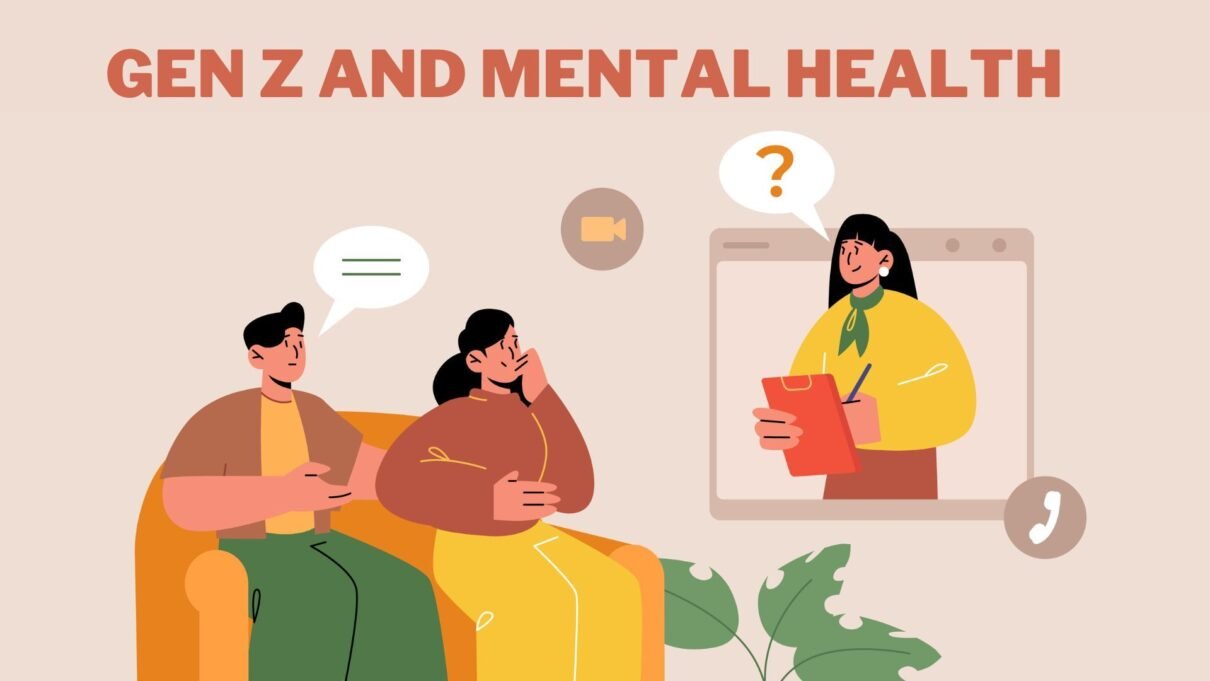
Mental health is a topic that has gained significant attention over the past decade, and with good reason. As we strive to understand and address mental health issues, it’s important to recognize the unique challenges faced by each generation. One such generation is Gen Z, individuals born between 1997 and 2012. Here are ten surprising facts about Gen Z mental health that you need to know:
1. High Levels of Anxiety: According to recent studies, Gen Z experiences higher levels of anxiety compared to previous generations. This could be due to a variety of factors, including increased academic pressures, social media influence, and economic uncertainties.
2. Loneliness: Despite being one of the most connected generations, Gen Z reports high levels of loneliness. Constant online interactions do not necessarily translate to real-world connections, leading to a sense of isolation among many young individuals.
3. Screen Time Impact: Gen Z spends a significant amount of time on screens, whether it’s for schoolwork, socializing, or entertainment. Excessive screen time can contribute to sleep disturbances, mood disorders, and decreased overall well-being.
4. Unique Mental Health Concerns: Gen Z faces mental health concerns unique to their generation. These include cyberbullying, fear of missing out (FOMO), and the pressure to curate perfect online personas.
5. Early Onset of Mental Health Issues: Gen Z experiences an earlier onset of mental health conditions compared to previous generations. Recognizing symptoms and providing support at an earlier age is crucial for their overall well-being.
6. Mental Health Stigma: Despite increased awareness, mental health stigma still exists. Gen Z faces challenges in seeking help due to fear of judgment or misunderstanding from peers, family, and society.
7. Impact of Climate Change: Gen Z is the generation most concerned about climate change. In addition to the direct effects on the environment, the fear and anxiety associated with climate change impact their mental health.
8. Intersectionality of Identity: Gen Z is the most diverse generation, with individuals from various racial, ethnic, and gender identities. It is important to consider the intersectionality of their identity when addressing mental health concerns.
9. Access to Mental Health Services: Accessing mental health services can be challenging for Gen Z due to financial constraints, limited resources in schools, and a lack of awareness about available options.
10. Resilience and Activism: Despite these challenges, Gen Z is also recognized for its resilience and activism. They strive to promote mental health awareness, reduce stigma, and create a more inclusive and supportive society.
Understanding the unique mental health challenges faced by Gen Z is crucial for effective intervention and support. By addressing these issues, we can create a healthier environment for the next generation to thrive mentally, emotionally, and socially.





